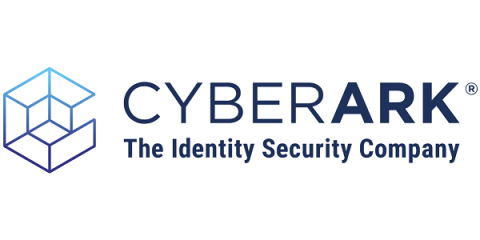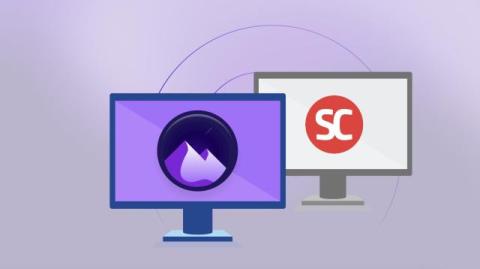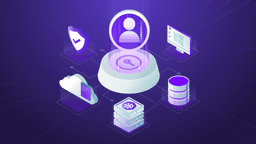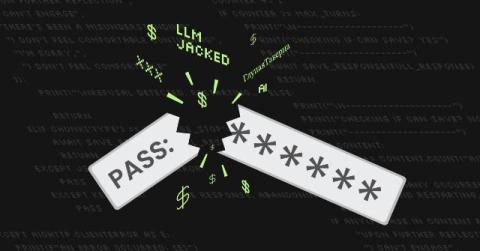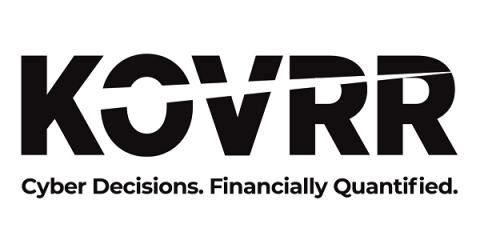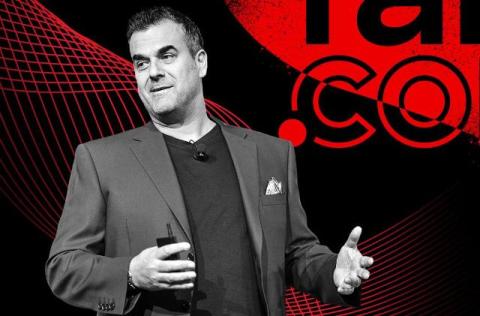CIO POV: Impactful AI Programs Start with 'Why'
Generative AI (GenAI) has the power to transform organizations from the inside out. Yet many organizations are struggling to prove the value of their GenAI investments after the initial push to deploy models. “At least 30% of GenAI projects will be abandoned after proof of concept by the end of 2025, due to poor data quality, inadequate risk controls, escalating costs or unclear business value,” according to Gartner, Inc.


